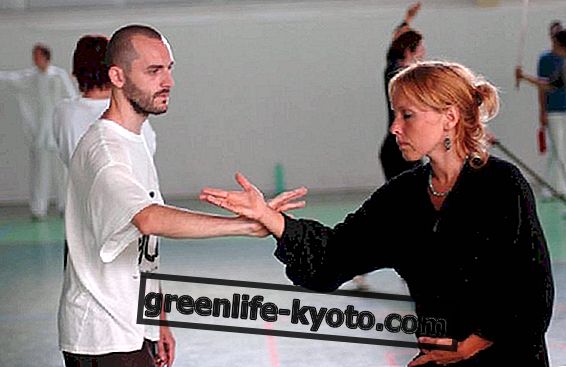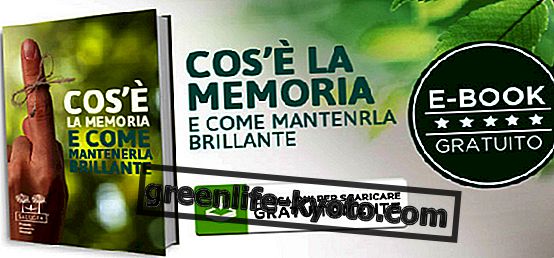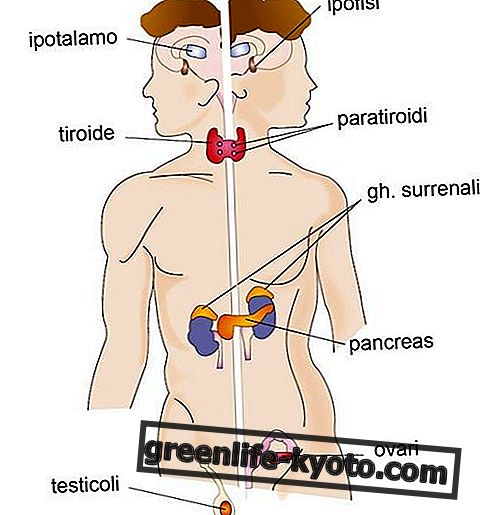
Who is Giovanni Sollima?
Music as therapy and Sollima. Let's find out first of all who is the musician in question.
Giovanni Sollima was born in Palermo, Sicily, to a family of musicians. Musician, composer, multifaceted genius, his training is immediately intense and varied. He studies cello and composition. Parallel to the cellular activity, his curiosity pushes him to travel and to explore new frontiers in the field of music and composition, through contaminations between different genres, also making use of the use of oriental, electric and his inventive instruments. This leads him to experiment with sounds, to make them magical vibrations, harmonies able to amaze, to leave the listener breathless, prey to indescribable but tangible and physical sensations, in a few therapeutic words. His relationship with music is already therapy.
Giovanni Sollima loves to play among nature, in the woods and mountains, wood, earth and air, but does not disdain concerts in the city, as he once did in Piazza del Duomo, in Milan, for example, where the buildings danced all over around, to the rhythm of its overwhelming notes. His melodies are able to let thoughts and mind fly far away, making them light, circling, yielding above and in spite of heavy bodies. Daydream ; Terra Aria ; We were trees, to name a few of his songs.
What does music and health have to do with it?
An artist of this kind is able to move particles and make us vibrate. But with Sollima music is also therapy. What is meant by therapy through music? How can a cello have the power to make us feel good? If we consider that in our body there are 180 million nerves, which are in turn made up of bundles of fibers, formed by neurons. And that neurons are cells that have the task of transporting nerve impulses.
It is clear how these impulses can influence us so much. But where do they come from? As with the strings of a cello, so too these nerve branches vibrate when they are plucked. It is in fact very thin and sensitive filaments that receive and record innumerable sensory experiences, making us aware, or at least so it should be, of what is pain and what is pleasure.
It is therefore not uncommon to read about people who, listening to Sollima and his cello, perceive a strange sensation, like a particular knot in the stomach . From the ancient Egyptian civilization, to the Greeks, to the oriental civilizations up to BB King music has always been considered an important source of transmission: the Sicilian artist seems to want to be the spokesman of this type of communication. Associated with well-being, arcane and healing power, sometimes magic, music has always played a decisive role. The Bible even tells of how David had healed King Saul from depression thanks to the sweet notes of the harp.
Music can do us good, it's proven!
Yes, it is also scientifically proven that music restores the fundamental organic rhythms: cardiorespiratory, digestion, muscle relaxation, among others. Listening to music is not only therapy, but is also a stimulus for both left and right brain hemispheres. Since the 1950s, music therapy, the therapy that makes use of the notes to heal patients, has gradually become more and more developed, peeping through the wards of hospitals and nursing homes. It has been seen that music brings many benefits and the different types of melodies restore certain weaknesses.
Music therefore has a great capacity to influence the human being: for this reason it is important to adopt a "conscious listening" of the pieces . A listening of this type allows us to perceive the internal vibrations, to let the thoughts run and maybe even warn where they go to rest or let them float again; to amaze us, to get to know each other, make us cry or amuse ourselves, chasing the notes and our breathing that plays with them. Music is emotion, freeing emotions, being yielding, being carried away elsewhere: what better self-therapy!













